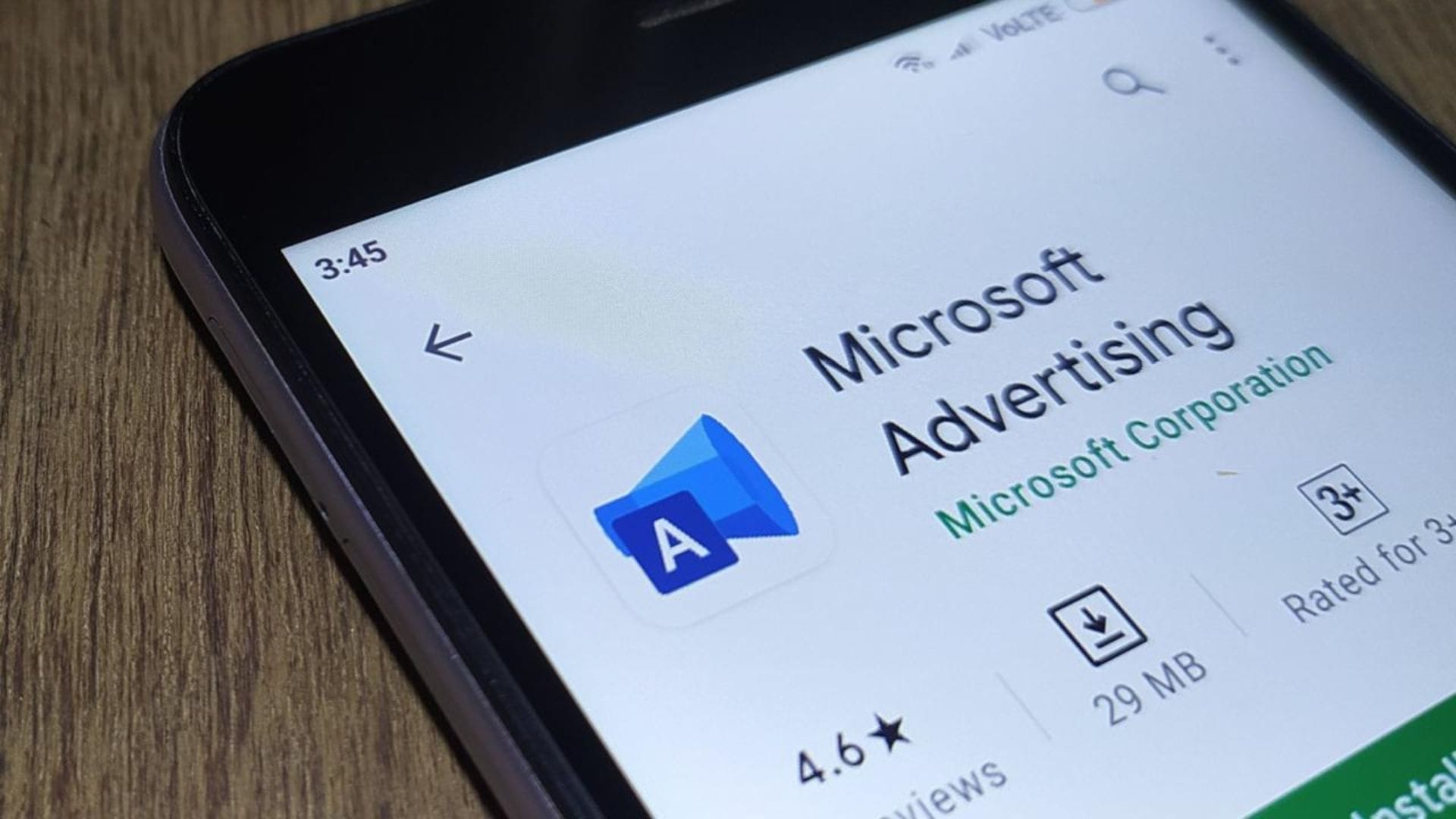New feature: Microsoft Advertising introduces brand lists for Performance Max
Microsoft Ads launches brand lists for PMax campaigns, offering better control over ad placements and brand safety for advertisers.

Microsoft Ads is launching a new feature called “brand lists” for Performance Max (PMax) campaigns to give you better control over your brand image and ad visibility. This update promises to enhance how and where your ads are displayed, ensuring they align with your brand values.
Greater control over ad placements
With brand lists, you can now exclude your ads from appearing alongside specific brands. This improvement could boost your ad relevance and return on ad spend (ROAS). Here’s how it works:
- Creating brand lists: You can create up to 20 tailored to your campaign needs.
- Adding brands: You can add brands from a predefined list or request the inclusion of specific brands.
- Brand exclusion: This feature prevents your ads from appearing in branded search queries associated with those brands.
This new PMax feature is precious because it allows you to manage where your ads appear, avoiding unwanted associations with competitors or brands that don’t match your brand’s values. This control can help you maintain a positive brand image and improve ad performance.
Key features to know
The brand lists come with several valuable features designed to make the process smooth and effective:
- Automatic misspelling coverage: Your brand lists will cover common misspellings, ensuring comprehensive protection.
- Editorial review process: Any brand you request to add goes through an editorial review, taking approximately 4-6 weeks.
- Risk mitigation: Microsoft emphasises that these lists help advertisers mitigate risks by controlling ad placements more precisely.
This move by Microsoft signifies a step towards offering more granular control over ad placements, directly competing with Google Ads. As digital advertising grows in complexity and automation, having tools like brand lists can be crucial for maintaining brand safety and targeting precision.
Microsoft’s perspective
Microsoft highlights the benefits of this new feature, stating that it helps advertisers “mitigate risks” and ensures ads are displayed with “relevant content.” This alignment with relevant content can significantly enhance your campaign’s effectiveness and ensure it reaches the right audience.
In the broader context of digital advertising, platforms are increasingly introducing tools that offer greater control and precision. As the industry evolves, features like brand lists are essential for advertisers navigating the complex landscape of automated and targeted advertising.
















